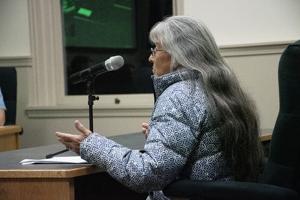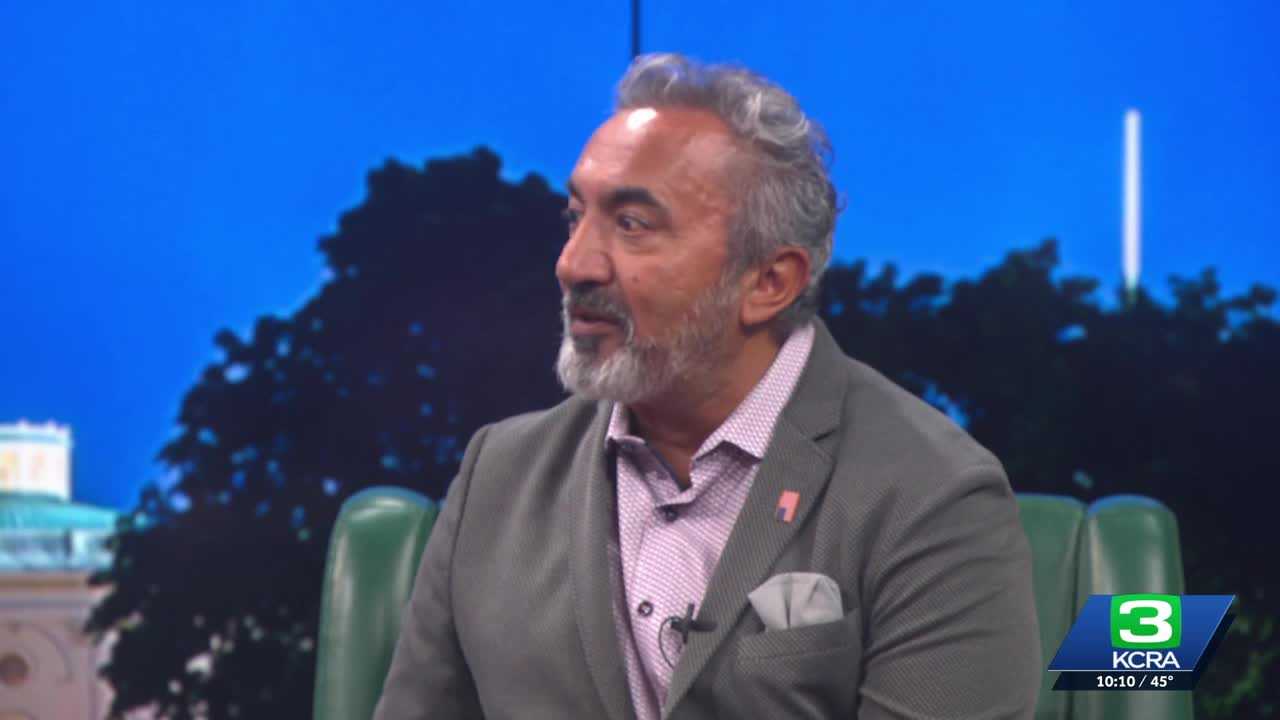The Dalles City Council unanimously approved an updated public nuisance ordinance on October 13, 2023, amidst heated discussions regarding homelessness and public disturbances. This new ordinance provides the city with a legal framework to address properties linked to recurring problematic behavior. Under the revised guidelines, if a property experiences three or more qualifying incidents within a 300-foot radius over a six-month period, the city is mandated to take action.
The council’s decision aims to broaden the scope of actions that can be considered criminal disturbances while reducing the timeframe in which these incidents can occur. City Attorney Jonathan Kara emphasized that the ordinance serves as a means for property owners, especially those inviting the public onto their premises, to take responsibility for their environments. “This is a tool for cities to ensure people who are opening themselves up to do business with the public…take responsibility,” Kara stated.
During the meeting, Chief of Police Tom Worthy clarified that the ordinance does not target specific individuals or organizations. “There’s nothing that we’re aiming towards or angling for,” he said, adding that the primary goal is to improve city regulations.
Despite the council’s intentions, representatives from local nonprofits, including Bread and Blessings, expressed concerns about the ordinance’s potential impact. Karen Murray, a member of the community, argued that the ordinance unfairly penalizes property owners and organizations for actions taken by individuals they cannot control. “How do you tie the violator to the property in a fair way?” she questioned, highlighting previous instances where organizations like St. Vincent de Paul faced penalties despite the violators being located across the street.
Murray emphasized the necessity of addressing the root causes of disturbances, suggesting that the city focus on providing shelter and support for individuals experiencing homelessness. “We as a city need to look at what we need in terms of shelter for people on the street who are making these violations,” she said. Mayor Rich Mays responded with frustration, asserting that the updated ordinance is “absolutely necessary” for the community’s well-being.
Another nonprofit leader, Teresa Yragui-Zeman, who has operated Bread and Blessings for over 33 years, criticized the ordinance for misplacing blame. “It’s this idea that you’re blaming the nonprofit for people’s actions,” she contended, noting that her organization cannot control public behavior. Yragui-Zeman pointed out that The Dalles lacks a homeless shelter, forcing individuals to rely on public spaces like sidewalks.
She described her efforts to encourage legal behavior among those utilizing the services, stating, “Every day I went out there and told them [to operate legally]. They looked at me and they said, ‘We have a right to be on public land.’” In response, Kara acknowledged the complexities of managing public disturbances but insisted on the necessity of lawful conduct.
The ordinance passed amidst these discussions, aiming to equip the city with better tools to manage recurring disturbances linked to specific properties. The meeting concluded following the council’s vote, leaving community members divided over the implications of the new regulations. The debate continues regarding how to balance public safety and the needs of those experiencing homelessness in The Dalles.







